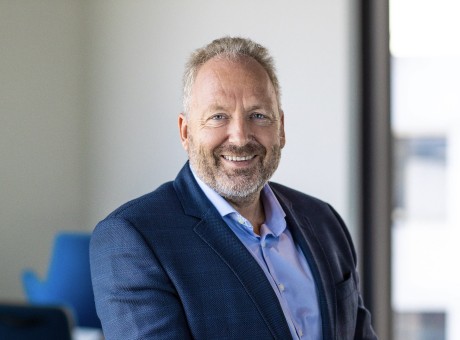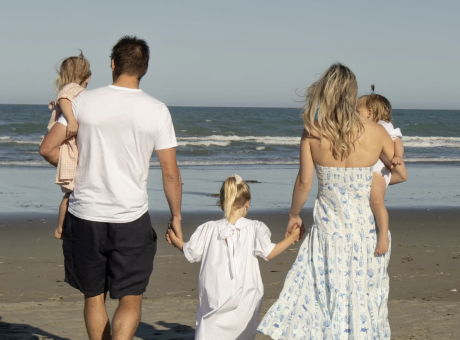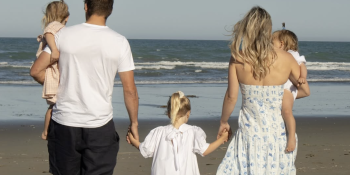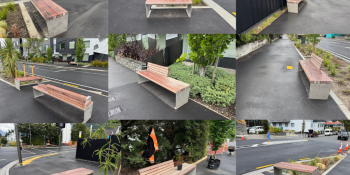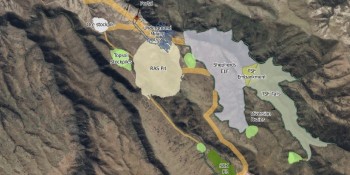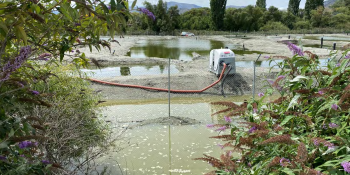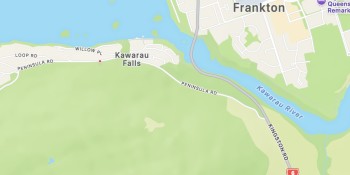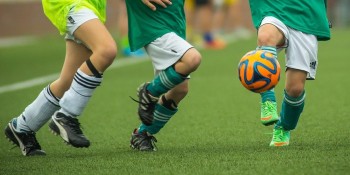Like Xmas - Recycling only works when we believe in it
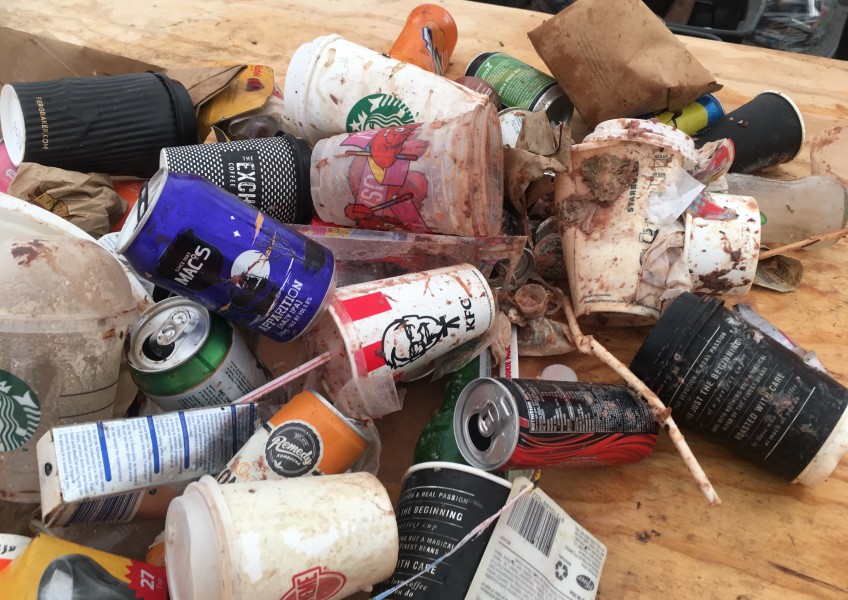
Opinion piece by Gina Dempster of Wastebusters
Like Christmas, recycling only works when we believe in it. And the good news is that recycling is worth believing in. This month we’re seeing changes to our local recycling systems which affect all of us every day, when we decide what to put in our recycling bins.
It can be tempting to see the change as negative - since more types of plastics will be destined for our rubbish bins at home. But having worked in recycling for 13 years, I can say hand on heart that these moves are a shift towards better quality recycling, with a higher percentage of reprocessing happening here in New Zealand.
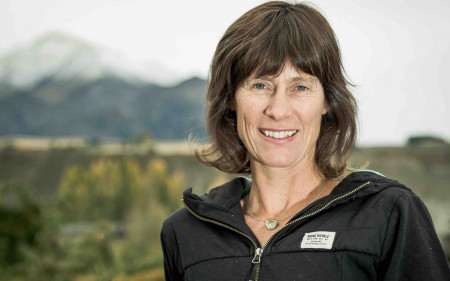
Wastebuster's top 'know-cycler' Gina Dempster.
Wastebusters has talked about real recycling for two decades now - in simple terms, recycling which you know will actually be turned into something new. With the halt to shipping dirty, mixed, low value plastics to China and South-East Asia, the whole world is having to rethink which plastics can be recycled. We’re in a transition to a far more transparent and trustworthy system which will live up to the name “recycling”.
That’s great, because I don’t think there’s anyone in our community who wants the contents of their recycling bin to go to landfill. Even recycling sceptics would agree that sending rubbish to landfill via recycling bins is a waste of our hard-earned dollars. It’s much cheaper just to put rubbish straight in the rubbish bin, and make sure that only things you are sure can be recycled go into the recycling bins.
Ironically, sometimes it’s the people who love recycling the most who create the most problems with contamination in their recycling bins. We call them wish-cyclers. You may have one in your house, or you may have been guilty of this yourself (I know I’ve done it myself). Wish-cycling is putting something in the recycling bin in the hope that it can be recycled. Instead of meaning more things are recycled, wish-cycling just makes the recycling system more expensive to run, because all the contamination has to be pulled out during the sorting phase. Too much contamination can put a whole load of recycling at risk.
If you’re the person in your household who cares the most about recycling, by investing just a bit of time, you can become the resident “know-cycler”. By knowing what goes in your recycling bins, and saying no to everything else (especially to your wish-cycling friends and family), you can really help our recycling system work well.
A critical piece of information to know is that from December 1, all of us who live in the Queenstown Lakes district will be able to put fewer plastics in our mixed kerbside recycling bin. These plastics will still be accepted for recycling:
- #1 clear bottles
- #2 bottles and containers
- #5 bottles and containers
All other plastics, including soft plastics and coloured soft drink bottles have to go in the rubbish, because we don’t have a reprocessor who can take them. Meat-trays and punnets will also have to go in the rubbish, as our Wellington reprocessor for #1 plastic can only accept them from recycling sorting plants with very sophisticated (and expensive) sorting machinery which is currently not available in our district.
Wastebusters is making the same move on plastic recycling from December 1, which makes it easier. No matter who looks after your recycling, it will be the same plastic bottles and containers which can be recycled.
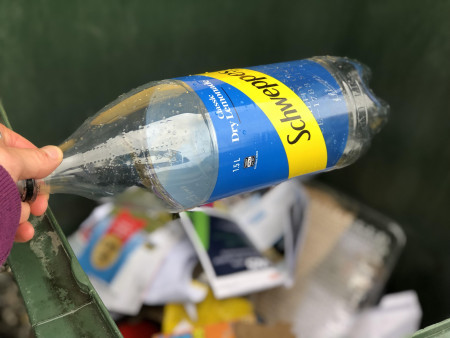
Rules for what can and can't be recycled via kerbside collection bins will change from December 1, 2020.
QLDC are dropping off kits with updated recycling information to households shortly, and you will also be able to pick one up from council offices, libraries, event centres etc. The kit will include a new sticker to go inside your mixed recycling bin lid, so that’s a super quick way to check whether something can be recycled every time you use your bin. There’s also lots of information up on the QLDC website and Facebook page.
The other thing you might notice when you’re out and about this summer is that recycling bins in public places are changing. This is in response to a recent audit of the Queenstown Lakes public place recycling bins, which found the mixed recycling bins were heavily contaminated. Most of the contents were too contaminated to even make it into the recycling sorting facility.
But there was some good news too. The glass recycling from the blue glass bin in the 4-way bins (the big, rectangular yellow, red and blue bins) was really clean, with less than 1 percent contamination by weight. That shows that single stream recycling bins really work in public places.
QLDC is using the data to make sure that recycling collected in public places this summer can be recycled. The glass recycling bins in the 4-way bins will stay as is, and will be joined by an “aluminium can” recycling bin. This will be much simpler for visitors and residents to use correctly, and aluminium cans are much less likely to be contaminated by food and drink residue.
Most 2-way bins will become rubbish only, to reduce the chances of public litter. And in the Queenstown Gardens, extra glass only recycling bins will be available to capture glass bottles used in picnics etc. Any other clean recycling (like clean cardboard, clean paper or clean plastic bottles/containers) can always be taken home to be recycled in your kerbside bins.
I know (from conversations that people have with me at parties) that recycling questions are a leading cause of marital disputes, so I’m always available on the Wastebusters Facebook page if you need a resolution. One couple asked for Wastebusters mediation recently over whether you need to clean your recycling before putting it in the recycling bin. The answer was yes, you do need to empty bottles and containers and rinse off any sticky stuff before recycling - our reprocessors don’t want dirty recycling so it will be treated as contamination. Feel free to get in touch if you need recycling questions answered - it’s an investment not just in our recycling system, but in a happy home for Christmas!
And Cromwell readers: Recycling is set to change in your neighbourhood too. Check out this earlier Crux story or head to the CODC website to make sure you're a "know-cycler" too.
Main Image: Contaminated mixed recycling can mean otherwise recyclable products get bulk-dumped in landfill.





